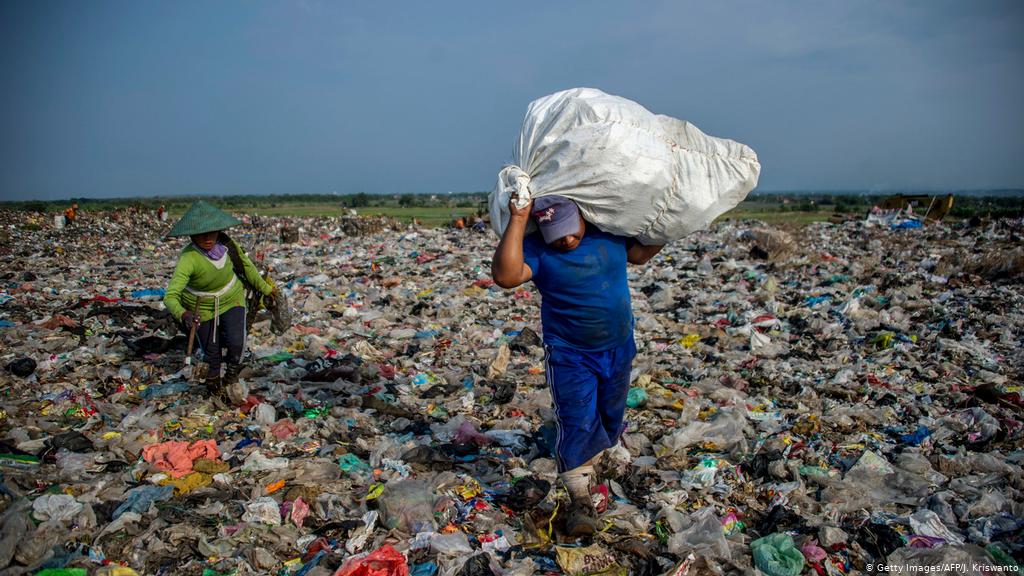5414
0
Southeast Asian countries are losing billions due to poor plastic recycling
Southeast Asian countries lose up to $ 6 billion a year as most of their disposable plastics are discarded rather than recycled.

Yazar: Tom Roberts
Yayınlanma: 27 Mart 2021 21:35
Güncellenme: 3 Mart 2026 04:34
Southeast Asian countries are losing billions due to poor plastic recycling
Southeast Asian countries lose up to $ 6 billion a year (roughly € 5 billion) as most of their disposable plastics are discarded rather than recovered and recycled. The latest World Bank study has shown this. According to her, more than 75 percent of recyclable plastics in Malaysia, Thailand and the Philippines are discarded. This represents a "significant untapped business opportunity" in the circular economy. Thailand, which has the largest petrochemical industry in Southeast Asia, recycles the smallest portion of its plastic waste, less than 18 percent. In both Malaysia and the Philippines, key consumer packaging companies are increasingly favoring recyclable materials. However, most suppliers of recyclable plastics are small and medium-sized enterprises, which often do not have the scale, management systems or technologies to meet demand. A World Bank study has shown that there is an untapped opportunity in the region to reap environmental and economic benefits. Setting targets for recycled content, recycling standards and the introduction of waste collection requirements in individual sectors can thus "unblock" additional material for Southeast Asia, the bank said. Governments should also consider increasing the efficiency of sorting, limiting the landfilling of plastic waste and phasing out non-essential plastic items. Building a business model for recycling plastics will help reduce landfill waste and the risk of it leaking into watercourses, the World Bank said. As many as 13 million tons of plastic waste reach the world's oceans every year, of which Asia is responsible for more than 80 percent. According to the World Bank, the Philippines is the third and Thailand the world's sixth largest polluter for plastics.İLGİLİ HABERLER





European stocks soared and focus shifted to German retail sales after Powell's speech!

Forex Signal For TRY/USD: Inflation Slowdown in November.

Forex Signal For GBP/USD: Bullish Trend Still Not Breaking While Recovery Continues.

Forex Signal For EUR/USD: Starry US Data Points to Higher Fed Increases.

Forex Signal For BTC/USD: Downside Continues as Bitcoin Recovery Moves Less.
En Popüler Haberler
Yorum Yap
Yorumlar
Henüz yorum yapan yok! İlk yorumu siz yapın...